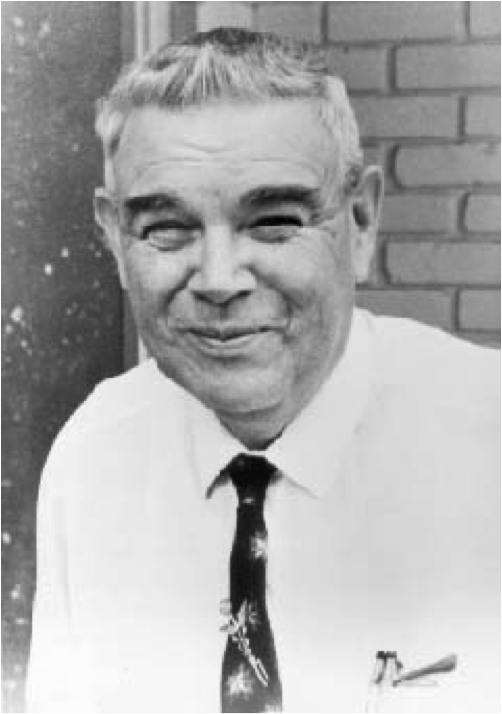Captain Al - the original captain trips
 Sunday, August 21, 2016 at 07:39PM
Sunday, August 21, 2016 at 07:39PM 
Well - in my defense, I did go on holidays.
But yes, I do want to get going on sharing some interesting stories that were the backdrop of my novel, Fall in One Day.
I guess I should finally let some cats out of the bag to say that this book is going to be published within the next year. (cue the huzzahs, even if they are just mine.)
So more in a longer and future post (oh, promises, promises)... but to begin with, Captain Tripps. As I researched and read books on the early history of LSD, I came across a multitude of fascinating characters.
Let's start with this guy: the Johnny Appleseed of LSD.
| Captain Al Hubbard |
|
The stout crew-cut figure riding in the Rolls-Royce was a mystery to those who knew him. A spy by profession, he lived a life of intrigue and adventure befitting his chosen career. Born dirt poor in Kentucky, he served with the OSS (the CIA's predecessor) during the Second World War and went on to make a fortune as a uranium entrepreneur. His prestigious government and business connections read like a Who's Who of the power elite in North America. His name was Captain Alfred M. Hubbard. His friends called him "Cappy," and he was known as the "Johnny Appleseed of LSD." The blustery, rum-drinking Hubbard is widely credited with being the first person to emphasize LSD's potential as a visionary or transcendental drug. His faith in the LSD revelation was such that he made it his life's mission to turn on as many men and women as possible. "Most people are walking in their sleep," he said. "Turn them around, start them in the opposite direction and they wouldn't even know the difference." But there was a quick way to remedy that--give them a good dose of LSD and "let them see themselves for what they are." That Hubbard, of all people, should have emerged as the first genuine LSD apostle is all the more curious in light of his longstanding affiliation with the cloak-and-dagger trade. Indeed, he was no run-of-the-mill spook. As a high-level OSS officer, the Captain directed an extremely sensitive covert operation that involved smuggling weapons and war material to Great Britain prior to the attack on Pearl Harbor. In pitch darkness he sailed ships without lights up the coast to Vancouver, where they were refitted and used as destroyers by the British navy. He also flew planes to the border, took them apart, towed the pieces into Canada, and sent them to England. These activities began with the quiet approval of President Roosevelt nearly a year and a half before the US officially entered the war. To get around the neutrality snag, Hubbard became a Canadian citizen in a mock procedure. While based in Vancouver (where he later settled), he personally handled several million dollars filtered by the OSS through the American consulate to finance a multitude of covert operations in Europe. All this, of course, was highly illegal, and President Truman later issued a special pardon with kudos to the Captain and his men. Not long after receiving this presidential commendation, Hubbard was introduced to LSD by Dr. Ronald Sandison of Great Britain. During his first acid trip in 1951, he claimed to have witnessed his own conception. "It was the deepest mystical thing I've ever seen," the Captain recounted. "I saw myself as a tiny mite in a big swamp with a spark of intelligence. I saw my mother and father having intercourse. It was all clear." Hubbard, then forty-nine years old, eagerly sought out others familiar with hallucinogenic drugs, including Aldous Huxley, the eminent British novelist who for years had been preoccupied with the specter of drug-induced thought control. In May 1953, less than a month after the CIA initiated Operation MK-ULTRA, Huxley tried mescaline for the first time at his home in Hollywood Hills, California, under the supervision of Hubbard's friend, Dr. Humphry Osmond. "It was without question the most extraordinary and significant experience this side of the Beatific Vision," Huxley wrote in his famous essay The Doors of Perception. Moreover, "it opens up a host of philosophical problems, throws intense light and raises all manner of questions in the field of aesthetics, religion, theory of knowledge."
|



Reader Comments